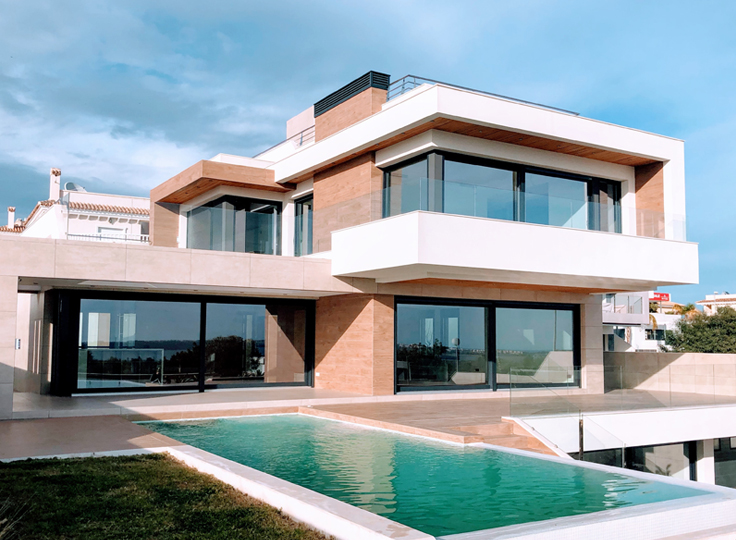
The impact of tourism on the real estate market in Mozambique is a highly relevant topic, as it reflects the interdependence between these two key sectors of the economy. Here is an overview of this impact:
Infrastructure Development:
Tourism tends to drive the development of infrastructure, such as hotels, resorts, restaurants and leisure spaces. This development generates a demand for land and properties for construction, increasing the value of properties in tourist areas. In Mozambique, increased tourism could lead to significant investments in tourism infrastructure such as luxury hotels, seaside resorts and entertainment facilities, resulting in an appreciation of real estate in the vicinity of these areas.Residential Market Growth:
Increased tourism is often associated with a growing demand for residential property, whether due to the need for accommodation for tourism workers or to attract expatriates and foreign investors. This can lead to an increase in the construction of both high-end housing to meet the needs of high-income investors and tourists, and more affordable housing to meet the demand of the local population.Effect on Land and Property Valuation:
Tourism can have a direct effect on the appreciation of land and properties in areas most sought after by tourists. Places with natural, cultural or historical attractions tend to see an increase in property prices as more investors seek to acquire properties in these areas for tourism development. This could lead to an increase in land and property prices, making the real estate market more dynamic.Diversification of the Real Estate Market:
The growth of tourism can stimulate the diversification of the real estate market, with the construction of a variety of properties, from hotels and resorts to short-term rental apartments and luxury residences. This can provide opportunities for investors to diversify their property portfolios and for the Mozambican property market to adapt to the varying demands of tourists and foreign investors.Impact on Urban Development:
Tourism can also influence urban development, leading to the revitalization of degraded or abandoned areas and the improvement of basic infrastructure, such as roads, water and sewage networks, and public services. This can have a positive effect on the property market, making urban areas more attractive for investment and increasing property values in these regions.In summary, tourism can have a significant impact on the real estate market in Mozambique by boosting infrastructure development, increasing demand for residential and commercial properties, increasing land and property values, diversifying the real estate market, and influencing urban development. It is important that governments and real estate stakeholders are aware of these dynamics and pursue appropriate policies and strategies to maximize the benefits of tourism for the real estate market and the economy as a whole.





